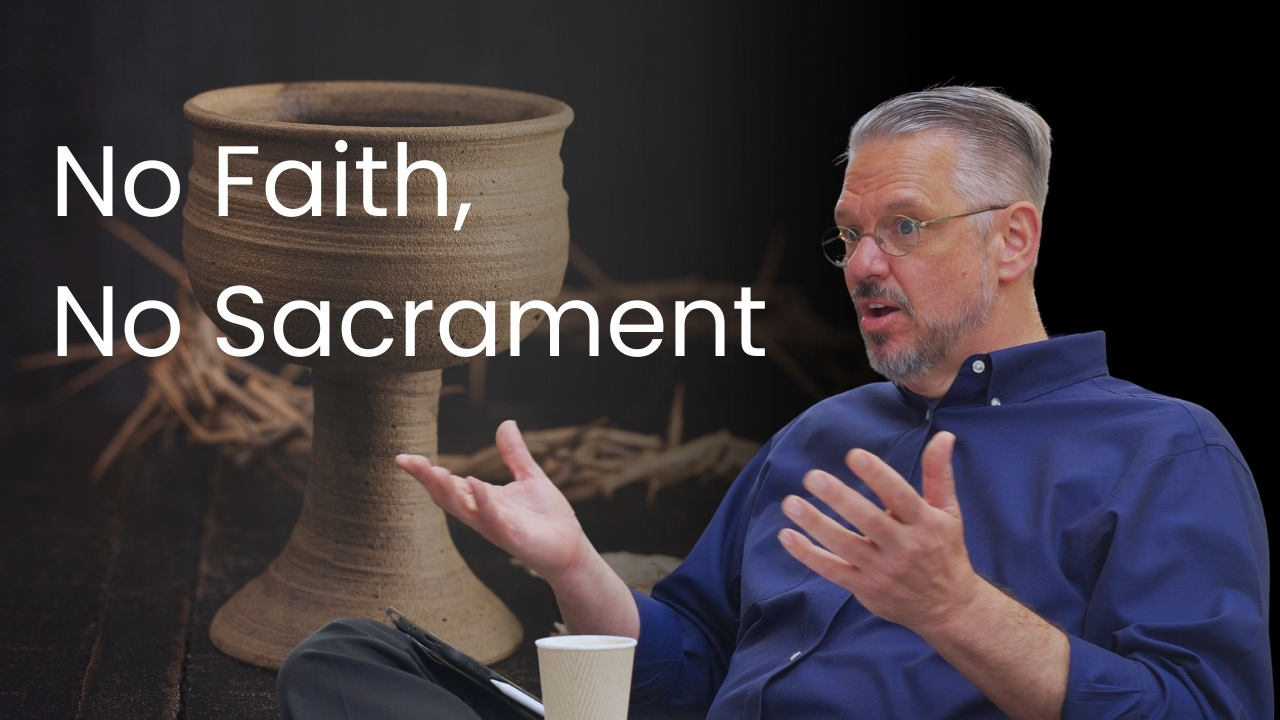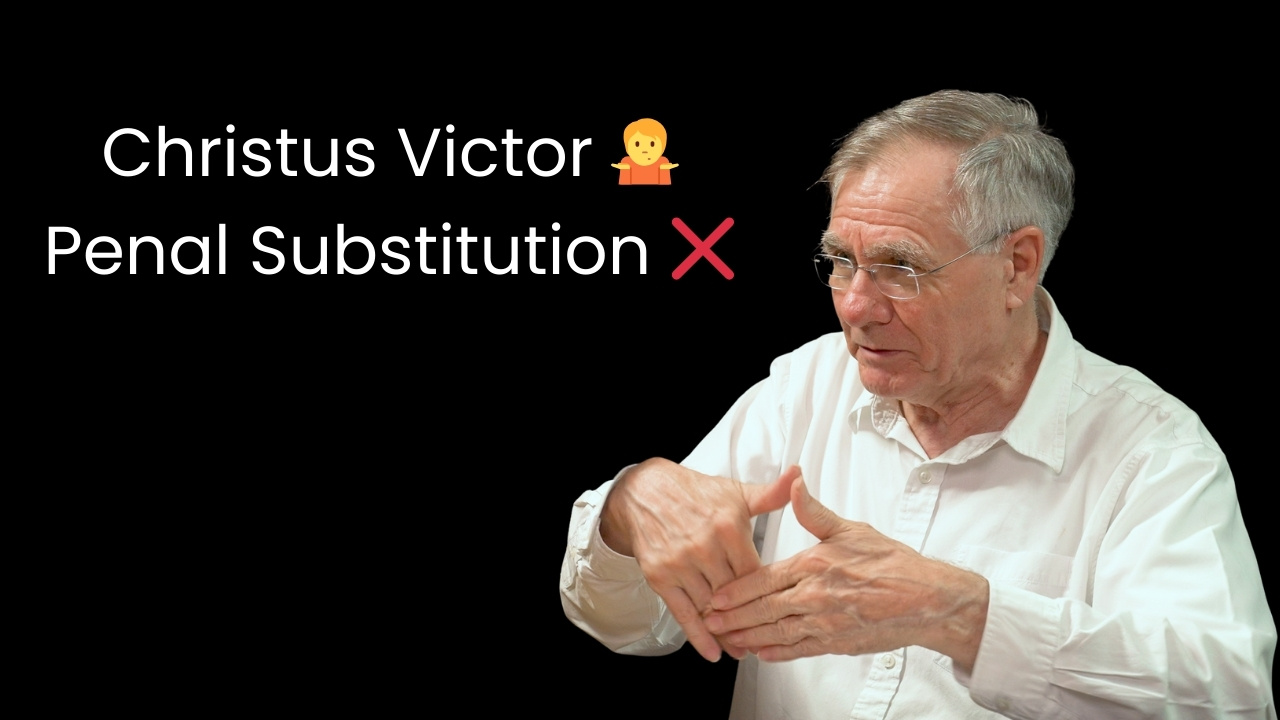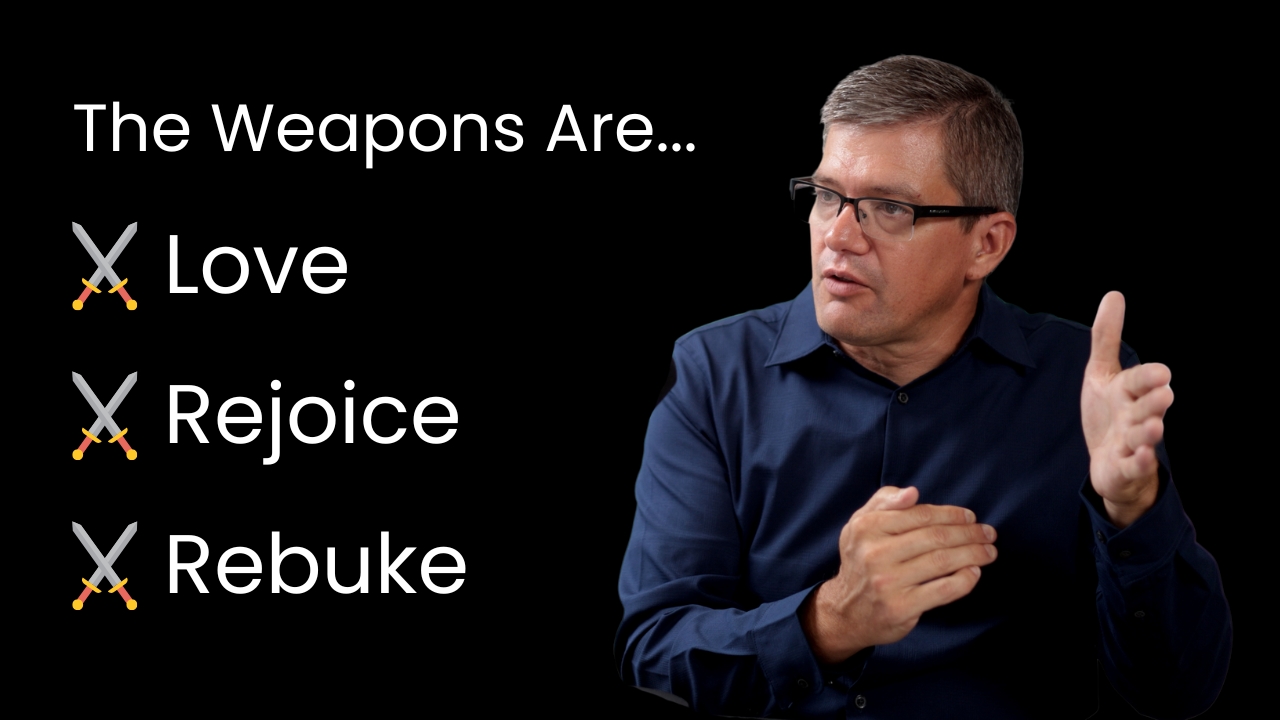Grace and Truth vs. Grace or Truth
Daddy cuddles three-year old Susie after he applies discipline.
Farmer Brown chases the neighbor’s cows out of his corn field after alerting Neighbor Joe as to where his cows had been and completes the job by repairing and strengthening the fence.
Jesus graciously told the woman taken in adultery, “Go and sin no more.”
The Savior told the Jews, “You tithe mint, anise, and cumin, but you omit the weightier matters of judgment, mercy, and faith.”
To the one complaining of insufficient wages for longer hours worked compared to others who worked less hours, Jesus said, “Why are you raising an issue with my benevolence? I paid you according to our mutual agreement.”
What do all of the scenarios above have in common? Both grace and truth.
What description of Jesus Christ does John chapter one mention twice in verses fourteen and seventeen? Jesus Christ represents grace and truth. Verse fourteen states that Jesus Christ was full of grace and truth. The Light that had come into the world from God Himself highlighted grace and truth.
Grace and truth are familiar words. Grace means unmerited favor and truth means that which is right. The human problem with grace and truth is not that the words remain mysterious, but that humans tend to emphasize one at the expense of the other. Historically, it has been difficult for humans to emphasize the balance of both. Jesus Christ, who illustrates the equal balance in His character, came into the world to show the human family how to do this successfully. History illustrates the difficulty human beings have had with this basic principle.
Five hundred years ago, the earthquake shocks of the Reformation provided the perfect opportunity for the Reformers to theologically address the grace/truth balance issue. What happened? Reformed theology came down heavy on the side of grace. The Lutheran, Presbyterian, and Dutch Reformed stories for the past hundreds of years illustrate the consequences of heavy grace emphasis. The over-abundance of the consequences reaches down to this very day.
On the other hand, the best illustrations of the truth imbalance can be found in the stories of Fundamentalism, a more recent phenomena of the past one hundred years. Fundamentalism as a movement contains within itself the seeds of destruction, requiring only the passage of time to prove the failure resulting from this imbalance. Again, those stories also reach down to this very day. Some of these stories get rather close to us.
Are we informing ourselves with these stories? Do we have any problem shielding our eyes from facts we should see? Do we say to ourselves, “Don’t confuse me with the facts; I have already made up my mind.” In other words, do we struggle with some prejudice in this matter? Will ignorance of the facts shield us from accountability? Will our descendants unnecessarily suffer because of our prejudice?
Throughout history, wars have been fought over differences in perceived truth. No war has ever been fought over grace. The weakness of grace has manifested itself behind the scenes as some people have received grace at the hands of those who could extend it, while others have been denied grace for one reason or another. Possibly the largest grace error ever made has been in the hands of churchmen who have presumptuously decided it was theirs to dispense as they saw fit. Much of that happened because of the mis-perception of the grace/truth balance.
Theology matters; ideas have consequences.
Closer home, how do grace and truth work out in practical ways? Simply by being members of the Kingdom of Christ forces us to deal with the grace/truth issue. We cannot avoid it. Each one of us is presently working the grace/truth issue out in our everyday living.
To be successful with one’s family both must be equally emphasized. To be successful in the classroom both must be equally emphasized. To be successful in business both need to be equally emphasized. For the congregation to flourish, both need to be equally emphasized among the congregation. Both grace and truth. It has always been this way since Jesus Christ illustrated grace and truth both in His person and in His ministry. His disciples, by virtue of being His followers, do the same.
And yet it has not always been this way. Historically, the Church has tended to either emphasize truth over grace or emphasize grace over truth. In each mistaken emphasis, failure has followed. Failure still follows such mistaken emphasis yet today.
One of the clearest illustrations of the consequences of this mistaken emphasis speaks to us today. The story of the Donatists. What should be done with ordained men who compromised their faith by sacrificing to Caesar in order to escape martyrdom? When Diocletian’s raging persecution ended, should those lapsed presbyters be reinstated to their office upon their repentance? Granted, the extra elements of sacramentalism and sacerdotalism heightened the issue for the church of that day. Was there a way forward?
The Church of North Africa found a way forward by dividing. The Donatists (those who emphasized truth over grace) enjoyed the greater number of people at the time. The traditionalists (those who emphasized grace over truth) prevailed in the long run because the powerful Augustine and the Roman emperor lent their influence that way. But, in northern Africa where the grace/truth story became very real and intense, both sides lost their existence because the Muslims wiped out all the Christian churches of that area in the succeeding years.
Was a church division the solution to the North African problem? So often a church division is the easy answer to a more complex problem. Jesus Christ remains the embodiment of grace and truth. He has always been that way. Humans throughout history have emphasized either grace or truth as they have wrestled with their issues. Grace or truth is easier than grace and truth. It is still that way today.
Grace and truth is the divine way to deal with family issues; grace and truth is the way to deal with school issues; grace and truth remains the way to deal with community issues; grace and truth looms large as the way forward with church issues. But grace and truth remains the more difficult way to deal with all the issues. It is always easier to deal with grace or truth.
For an illuminating story dealing with the perennial human problem of grace and truth, read the story of the Donatist movement of North Africa. Human nature remains unchanged more than 1500 years later.
__________________________________








Leave a Reply